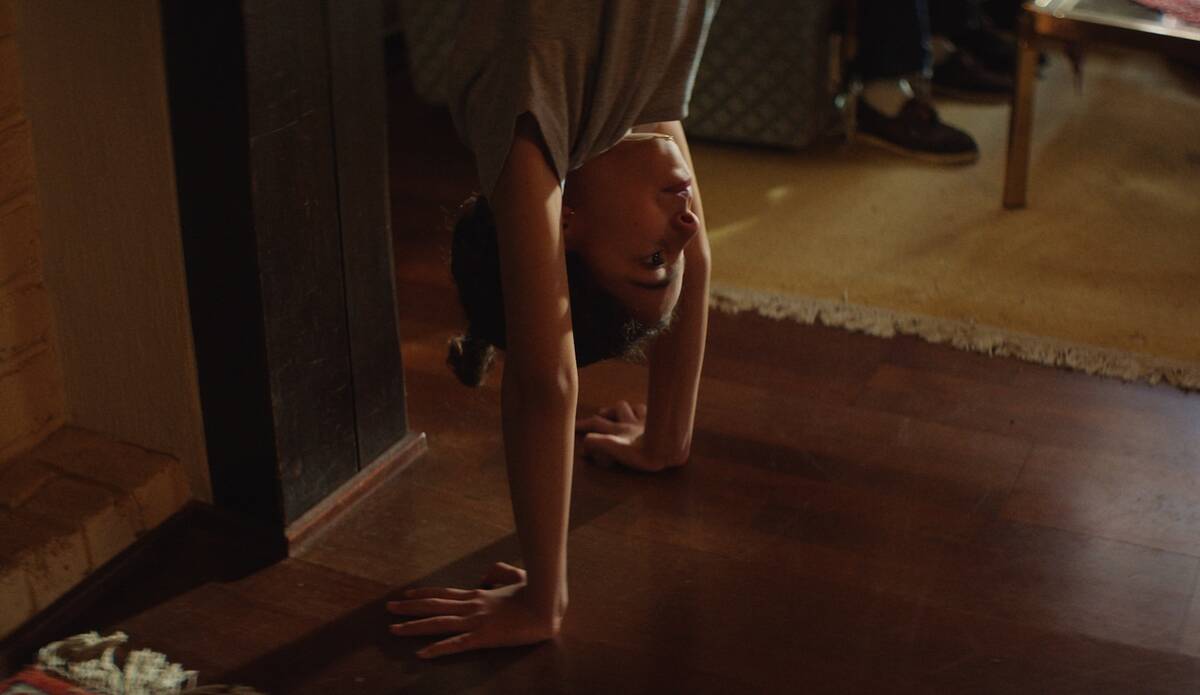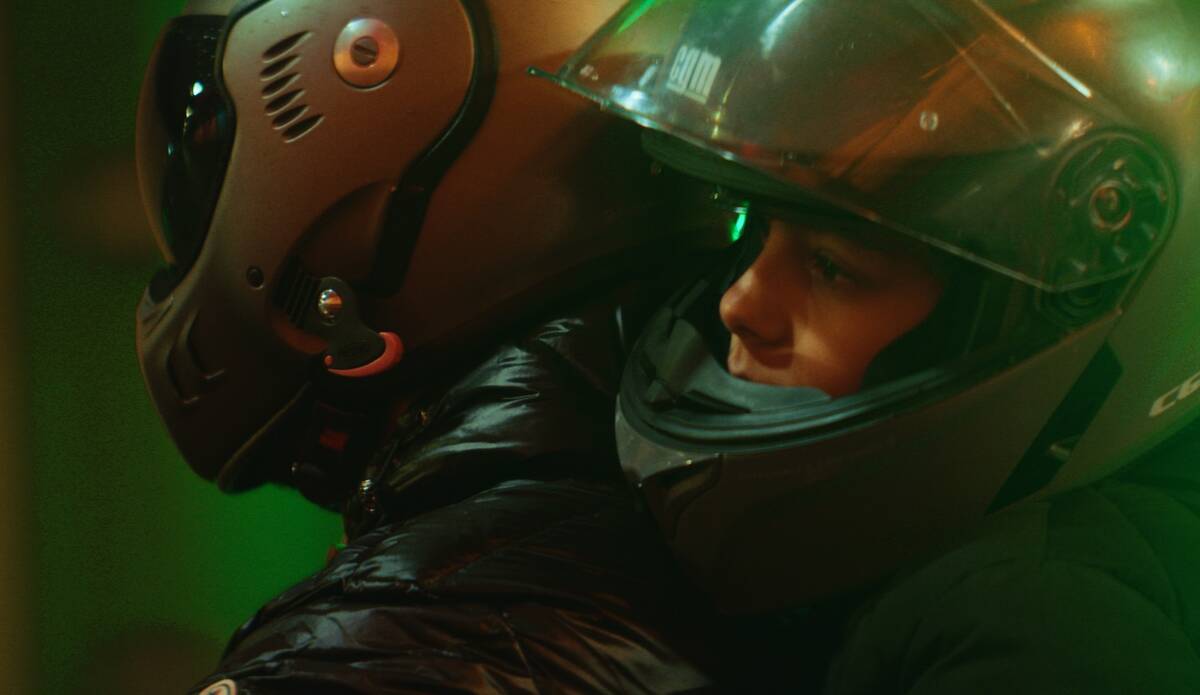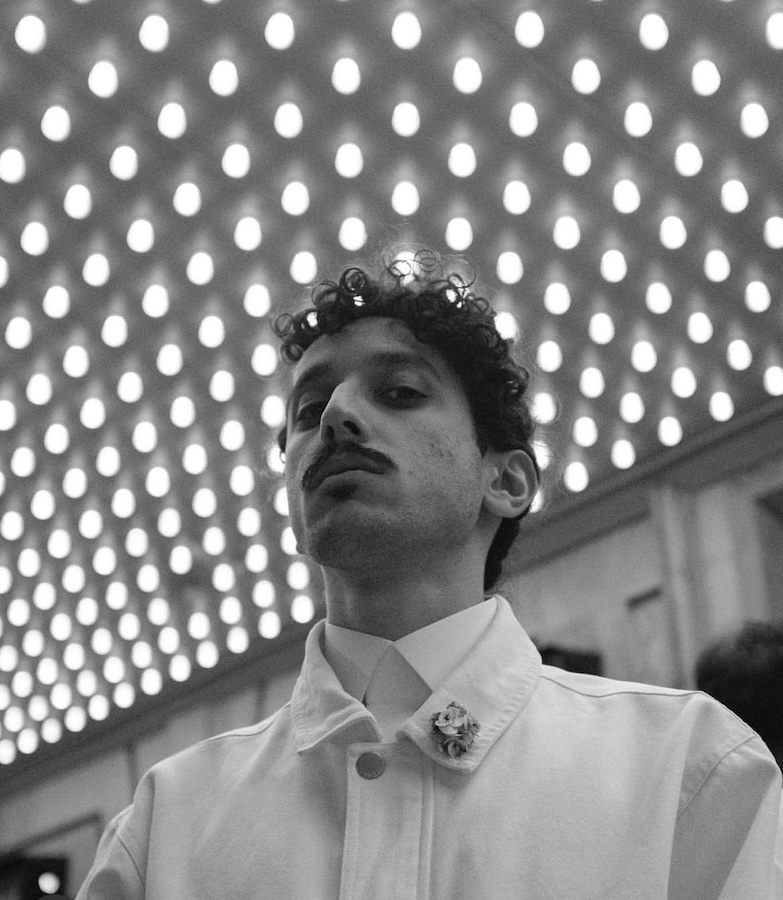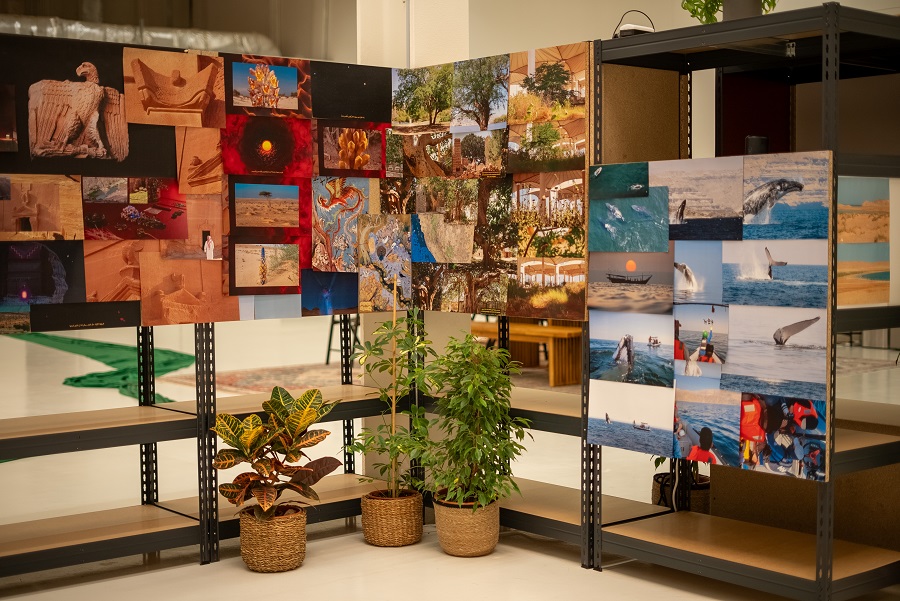RIYADH: Belgian-Tunisian-Danish filmmaker Maja-Ajmia Zellama’s debut feature “Têtes Brûlées” (‘Hotheads’) received two special mentions at last month’s Berlin International Film Festival.
The film, which was backed by Saudi Arabia’s Red Sea Fund, has been praised for its depiction of a universal story through a singular lens. Zellama wrote and directed the movie, which follows the story of Eya (played by Safa Gharbaoui), a 12-year-old girl growing up in a Tunisian-Muslim family in Brussels, whose life revolves around her beloved 25-year-old brother Younès and his friends. Following Younès’ sudden and unexpected death, Zellama takes viewers through the culture, customs, resilience, and solidarity of this tight-knit community through the family’s mourning period.

Safa Gharbaoui, Mehdi Bouziane and Mounir Amamra. (Supplied)
“I didn’t expect so many compliments about the film from people who are not Muslims or not from immigrant backgrounds,” Zellama told Arab News. “I spoke a lot with a teenager from Germany, and I understood at that moment how grief is so universal. There are other people who say, ‘Oh yes, I’m learning a new thing about a new culture and new religions.’”
Zellama also expressed her appreciation for the Red Sea Fund’s support of a “multicultural” story. “For me, it was a major recognition to have this help and support from a Muslim country. It helped me to make this kind of film, and I’m also very curious about working more with Middle Eastern countries,” she said.
The film tackles aspects of identity, the Arab diaspora, collective grieving, religion, cultural customs, and commentary on street crimes. Largely set in the family house, constantly filled with people after Younès’ tragic death, one of the director’s goals was to show the contrasting comfort and simplicity of immigrants’ family lives compared to their lives outside of their homes.

Safa Gharbaoui. (Supplied)
“For me, the most complicated part of identity and immigration is systemic racism,” Zellama said. “It’s oppression in the society. But in the home, it’s not always so complicated. There are nuances; it’s complex, but in a positive way.”
Zellama’s own life was a major inspiration for the film. Her father is Tunisian and her mother Danish. She was born and raised in Belgium around a large Tunisian community. Her household was home to two religions and three languages. “The question of identity has been present all my life, of course, as a mixed kid, but also as a person of the diaspora,” she explained.
And Zellama’s experience of losing a much-loved family member was central to the narrative. “When I was grieving with my family, it was the most difficult time in my life. But it was also one of the moments in my life when I felt the most love and solidarity, because we were surrounded by so many people who were (making us) dinner, going to the grocery, giving money,” she said. “So, for me, yes, there is the grief that we had in our family, but also — and most of all — the love.”

Safa Gharbaoui and Mehdi Bouziane. (Supplied)
The film explores spirituality in a nuanced and open way, particularly in its funeral and burial scenes, inspired by Zellama’s own journey with faith. She was keen to have Eya find a kind of forbearance through religion while also providing representation and an alternate, more complex, portrayal of Islam in countries outside the Middle East.
“Muslims are very different, and each person practices religion in a different way,” Zellama said. “She finds this way, and she’s good with it.”
And the film has proven to cross cultural and religious boundaries, with viewers from other faiths and backgrounds connecting to its central themes.
“Just to hear the Qur’an, (even if) you don’t understand it, you can feel something,” she said. “You don’t know what it is, but you can feel something. When you see her praying, you can imagine. And, for me, that’s enough.”
The character of Eya is key to the film’s success: she’s mature, but also playful; she’s creative, clever, defiant, and works to break stereotypes throughout the film. One of the most affecting, and effective, scenes is when she breaks away from the group of mourning women to help bury her brother alongside the men.
“I wanted to have a character who grows up in a lovely family who give space for this young girl to be what she wants,” Zellama said. “She doesn’t (think to) herself, ‘Oh, this is a boy thing or a girl thing.’ No, she’s doing what she wants to do at this moment.
“She’s very impulsive, and the impulsivity was also an important thing in the character of Eya,” she continued. “She looks like so many Muslim women and children I see around me. So, this was not me making a ‘statement.’ It was more me thinking that there are so many strong little girls around me, and I wanted to have a character like that.”



























